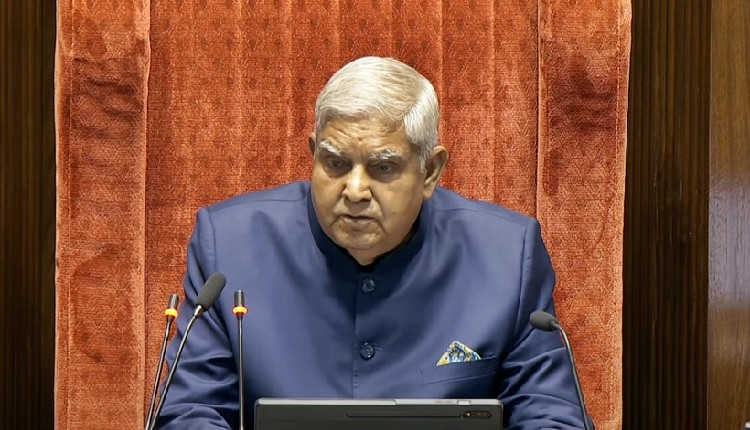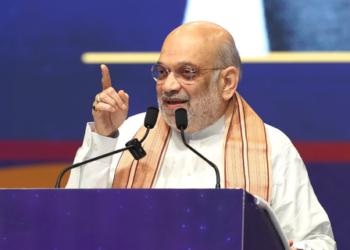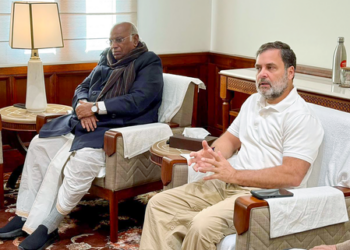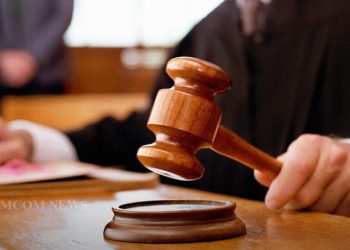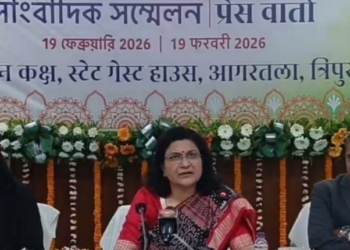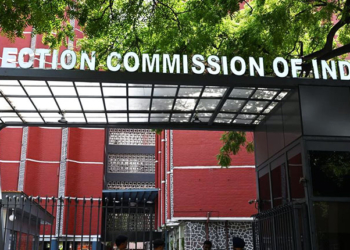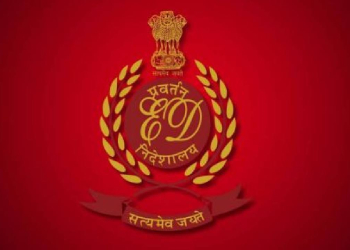New Delhi: The Congress and its allies in the Rajya Sabha on Tuesday moved a no-confidence motion against Chairman Jagdeep Dhankhar, with INDIA bloc members formally submitting a proposal to this effect to the Secretary General of the upper house.
The opposition alleged that the Chairman has been conducting the proceedings of the upper house in a highly partisan manner, leaving them no choice but to take this unprecedented step.
Congress members maintained that such biased handling of Rajya Sabha proceedings undermines the democratic process, prompting the INDIA bloc parties to collectively bring the motion forward.
Opposition MPs, who signed the motion, expressed regret over having to resort to this step but said that it was necessary to safeguard parliamentary democracy. The proposal, signed by approximately 60 MPs, has been submitted under Article 67-B of the Constitution.
Addressing the issue, Congress member Randeep Singh Surjewala criticised the ruling party, alleging that it is disrupting Parliament to avoid debates on critical issues like corruption, inflation, and unemployment. “This is a black chapter in parliamentary history. The government is running away from discussions and wasting Parliament’s time,” he said.
Surjewala claimed this marked the first instance in India’s 75-year history where the government itself is allegedly obstructing Parliament’s functioning.
The opposition parties, including the Congress, have also raised concerns about unequal treatment in the Rajya Sabha. They allege that while the ruling party is allowed to express its views even amidst disruptions, the opposition is denied the same opportunity.
Congress MP Pramod Tiwari stated that the opposition has always been willing to engage in debates and discussions but accused the BJP of deliberately adjourning the House to avoid addressing pressing issues such as unemployment and recent violence in UP’s Sambhal.
The opposition’s no-confidence motion signals escalating tensions in Parliament, with both sides accusing each other of obstructing democratic functioning.
(IANS)




